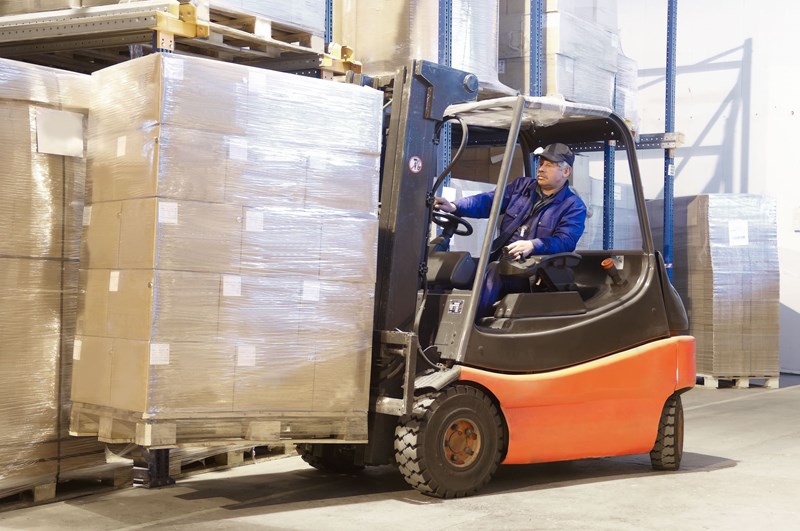You may recall that a new Plastic Packaging Tax was announced in the 2020 Budget. The legislation is now before Parliament so we have a clearer idea what it involves.
When does this new tax start?
The new Plastic Packaging Tax will take effect from 1 April 2022 and will encourage the use of recycled rather than new plastic within plastic packaging. This will in turn stimulate increased levels of recycling and collection of plastic waste, diverting it away from landfills or incineration. Packaging should only contain recycled content where it is permitted to do so under other regulations, such as those covering food safety.
Does it apply to you?
If you are a business that manufactures or imports 10 or more tonnes of plastic packaging over a 12-month period you will need to register for the tax. This is regardless of whether you will have to pay any tax. This includes importers of packaging which already contains goods, such as plastic bottles filled with drinks. Where the packaging you import already contains other goods, the tax only applies to the plastic packaging itself.
If you are a business that needs to register for the tax, you will need to pay Plastic Packaging Tax on any packaging that contains less than 30% recycled plastic. The tax will be charged at £200 per tonne. For example, if you manufacture 10 tonnes of plastic packaging, and 1 tonne contains less than 30% recycled plastic, you will need to pay £200.
The online service to register and pay will be available on 1 April 2022 when the tax takes effect.
Find more information about registering for Plastic Packaging Tax.
Is that all?
Not quite! You may not import or manufacture packaging, but be aware of the following:
- If you are a business that supplies recycled plastic, from April 2022 your business customers may want more information from you about the types and quantities of material you supply to them. You will need to know how much recycled plastic is in the packaging, whether any of the exemptions will apply, and how to provide evidence of this, so some advance planning is required.
2. If you are a business that buys plastic packaging on which the tax should have already been paid, you may need to check that this is being properly accounted for to avoid the possibility of being held liable for any unpaid tax yourself.










